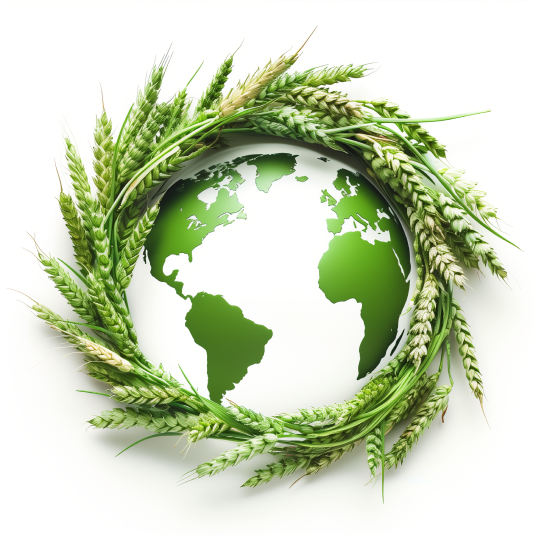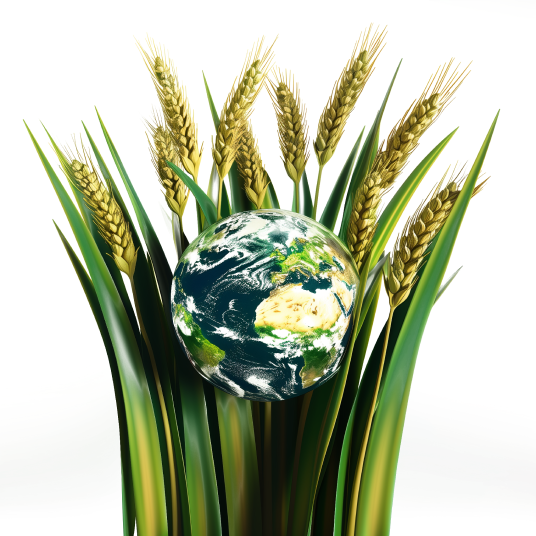AgriSupp
Analytical Platform for Agricultural Markets
Trusted brand
AgriSupp is developed by UkrAgroConsult – a team of agri market analysts with 30+ years of expertise
Reliable data
Wide range of reliable real-time data on the Black Sea & Danube region
Historical database
AgriSupp identifies market trends and future changes with 20+ years of historical data
Ultimate tools
Enjoy easy market data navigation: visualize, analyze, and download multiple data types
Market analysis
Access expert forecasts and comments, daily and weekly market updates to make better-informed decisions
Who we are
Ultimate market intelligence platform
AgriSupp is a multi-functional online platform to analyze grain and oilseed markets in the Black Sea and Danube region.
The platform provides essential data, reports, and tools for effective decision-making.
Black Sea & Danube Region
Data coverage
Country and commodity coverage
Countries
- World
- Black Sea region
- Danube region
- Ukraine
- Romania
- Bulgaria
- Kazakhstan
- Moldova
- Serbia
- Poland
- Hungary
Commodities
- Wheat
- Barley
- Corn
- Sunflower seed
- Soybeans
- Rapeseed
- Vegetable oils
- Meals
- Flour





